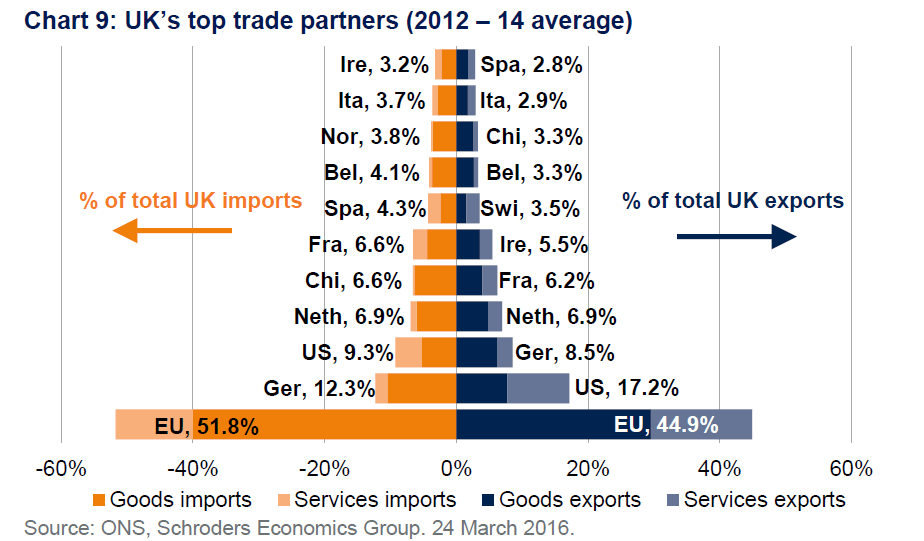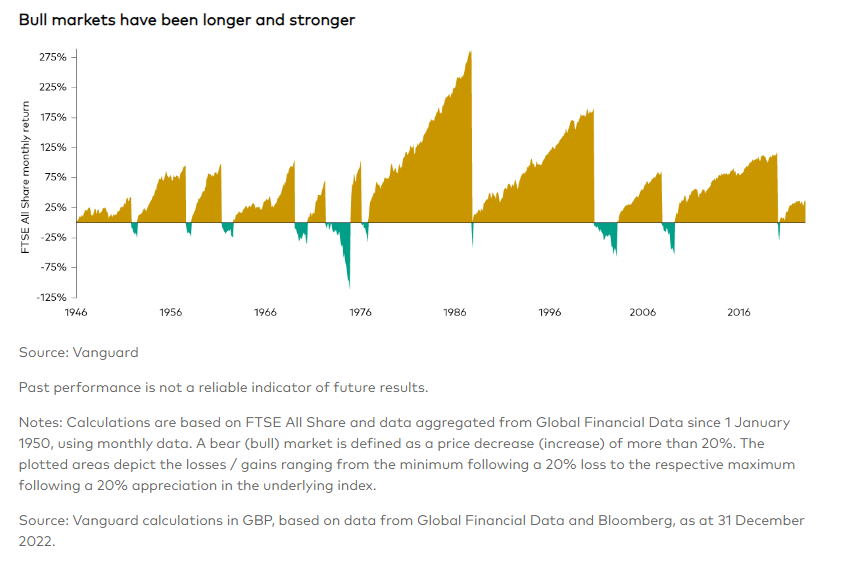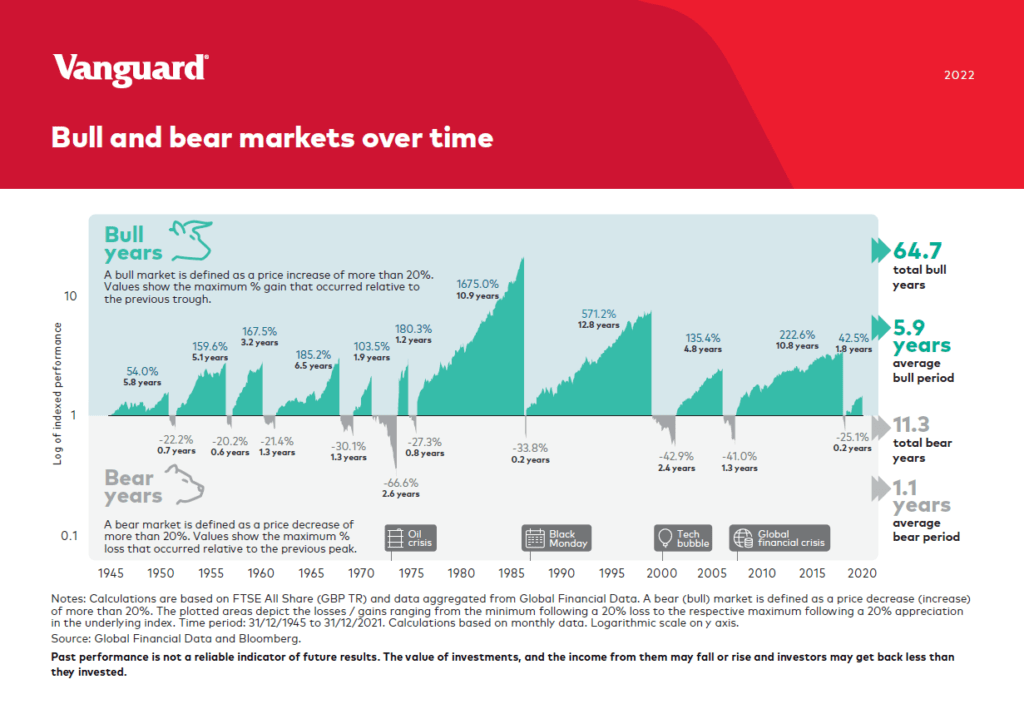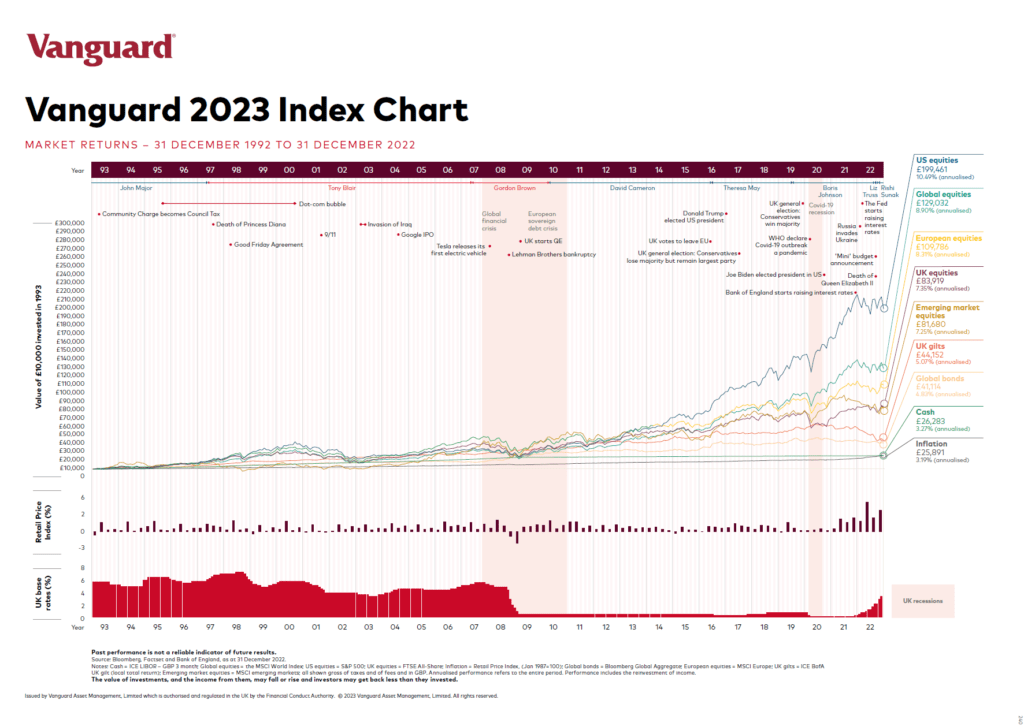The OECD has released a report arguing against UK’s exit from the European Union. The report states that exiting the EU would lead to a decline in British GDP in the future with economic growth stunted.
From the report:
Membership of the European Union has contributed to the economic prosperity of the United Kingdom. Uncertainty about the outcome of the referendum has already started to weaken growth in the United Kingdom. A UK exit (Brexit) would be a major negative shock to the UK economy, with economic fallout in the rest of the OECD, particularly other European countries. In some respects, Brexit would be akin to a tax on GDP, imposing a persistent and rising cost on the economy that would not be incurred if the UK remained in the EU.
By 2020, GDP would be over 3% smaller than otherwise (with continued EU membership), equivalent to a cost per household of GBP 2200 (in today’s prices). In the longer term, structural impacts would take hold through the channels of capital, immigration and lower technical progress. In particular, labour productivity would be held back by a drop in foreign direct investment and a smaller pool of skills. The extent of foregone GDP would increase over time. By 2030, in a central scenario GDP would be over 5% lower than otherwise – with the cost of Brexit equivalent to GBP 3200 per household (in today’s prices). The effects would be even larger in a more pessimistic scenario and remain negative even in the optimistic scenario. Brexit would also hold back GDP in other European economies, particularly in the near term resulting from heightened uncertainty would create about the future of Europe. In contrast, continued UK membership in the European Union and further reforms of the Single Market would enhance living standards on both sides of the Channel.
Source: The Economic Consequences of Brexit: A Taxing Decision. OECD
The British economy will suffer due to a Brexit since trade relationship between the EU and the UK is high. The chart below shows the top trade partners of the UK:
Click to enlarge
Source: Schroders Economic and Strategy Viewpoint, Schroders
The EU is the largest export market for the UK followed by the U.S. About 45% of British exports go to the EU. Britain’s export to China is just 3.3%. On the imports side, the EU is the largest source of British imports.




